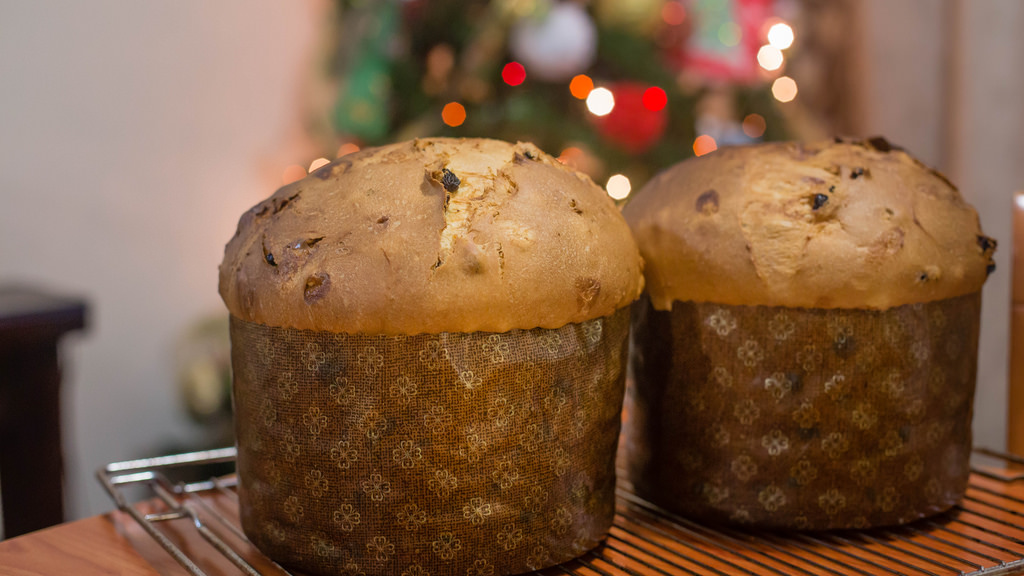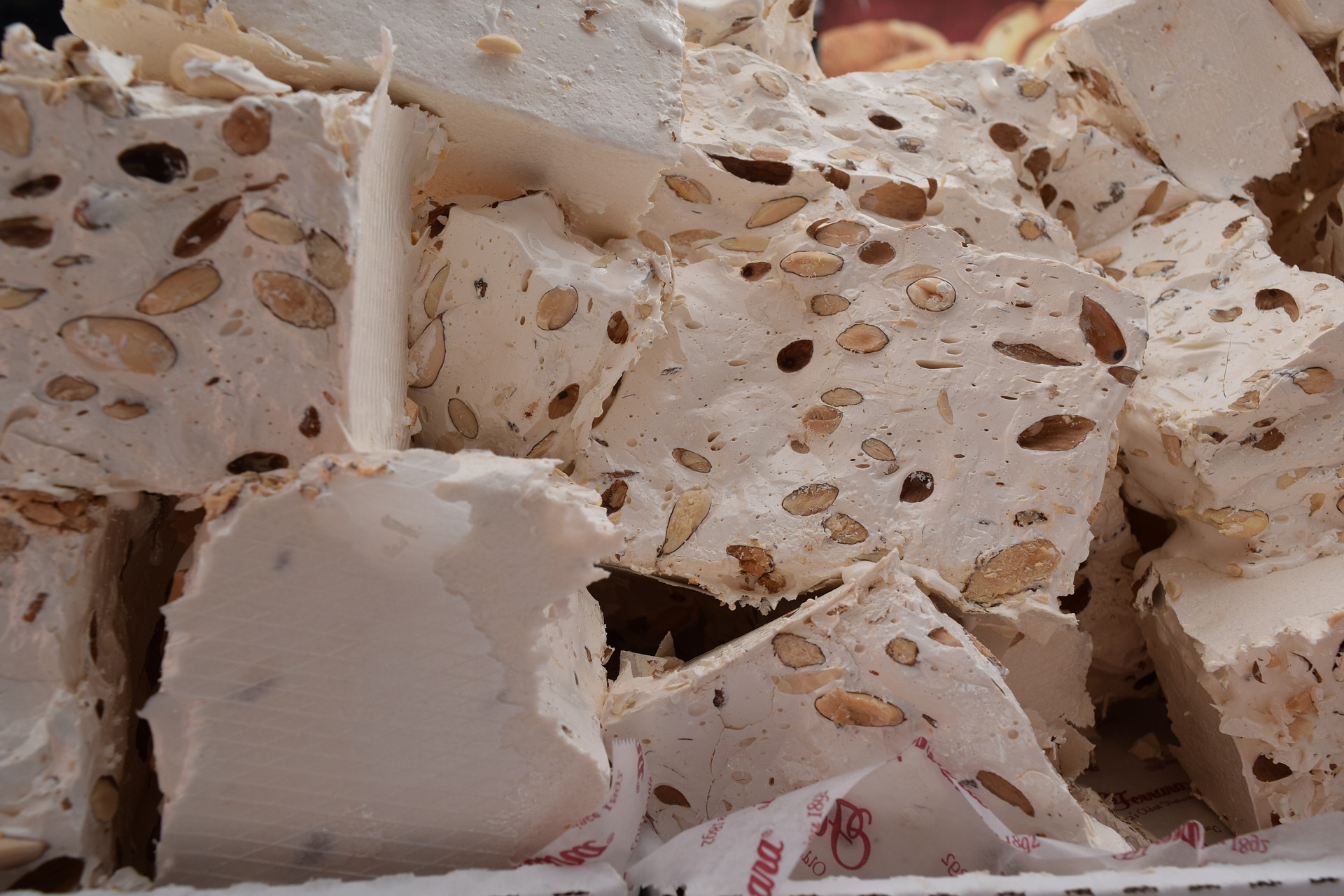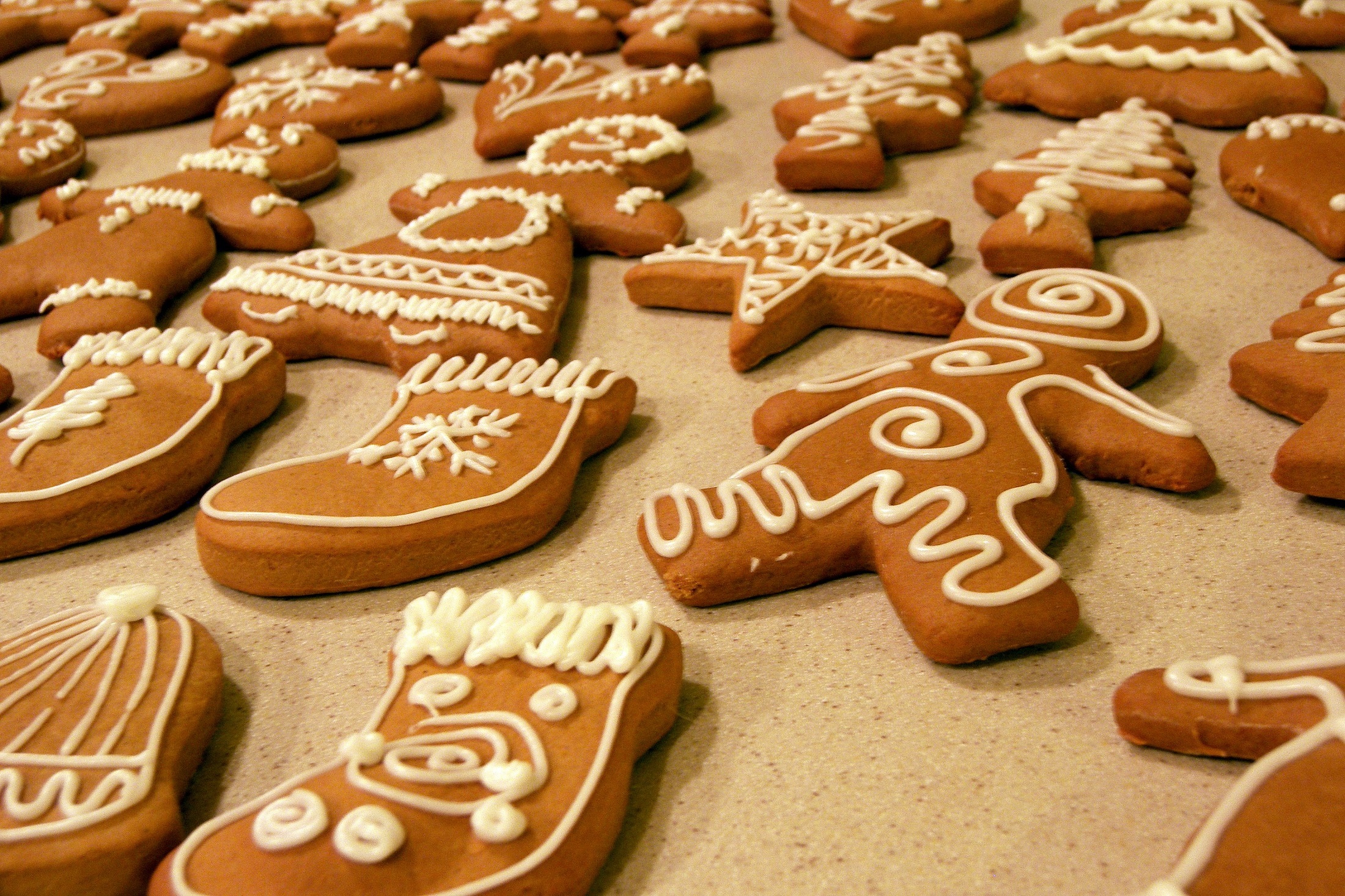That Christmas is already in our day to day for several weeks is something that is seen just going out, turn on the television, read the newspaper or take a look at the internet.
The Christmas atmosphere is in stores, offices, houses … around the world. And there is a main element in this celebration: the sweet.
And it is that anywhere on the planet we have traditional sweets for this date. Nationally, in Spain, we have a wide variety of Christmas sweets. The nougat will never be missing at the table, the sweet par excellence. Its traditional recipe is based on honey, sugar, almonds and egg and the main denomination of origin is Jijona nougat and also Alicante nougat. Some studies date the nougat of Jijona in the fifteenth century in the town of Sexona, the current Jijona.
A traditional group of sweets which are essential are the polvorones, the mantecados and the marzipans. Polvorones are very typical in Andalusia, specifically in Estepa (Seville). In fact, there is the Regulatory Council for Protected Geographical Indication ‘Steppe Mantecados and Polvorones de Estepa, which ensures that the requirements for products of the same class or variety are met.
Another regular product at our Christmas meetings is the roscon de vino. Donut-shaped and covered with glass sugar, it contains nuts and a small amount of wine, hence its name. They are especially recognized in Malaga and Castilla la Mancha.
But if there is a Christmas product par excellence, that is the roscón de reyes. There are different versions to explain its origin, the most repeated comment that originated with a pagan tradition, The Saturnals, in which Saturn, god of agriculture and crops, was honored.
Another curiosity of the roscón de reyes, is the bean, whose appearance means the payment of the roscón of the following year. But it has not always been that way and that is, in the third century AD. C. it looked like a sign of fertility and prosperity.
It is usually taken on January 6 and can be filled with multiple varieties such as traditional cream or truffle and with novelties such as mocha.
At a more local level, in the Valencian Community, one of the most characteristic Christmas products is sweet potato cake, a kind of sweet empanadas stuffed with sweet potatoes and usually sold in any bakery or pastry shop but many people maintain the tradition of do it at home. Coca Cristina, made with eggs, sugar, ground almonds and lemon zest, is also one of the elaborations preferred by Valencians
Internationally, panettone is known worldwide, very typical of Italy and Peru but, increasingly, is present in the homes of the Spanish. The Christmas trunk in France, the Christmas Pudding in Great Britain and the Gingerbread in Sweden are other of the most well-known products abroad and that are entering our Christmas culture to sweeten, more if possible, all our meetings.





Recent Comments